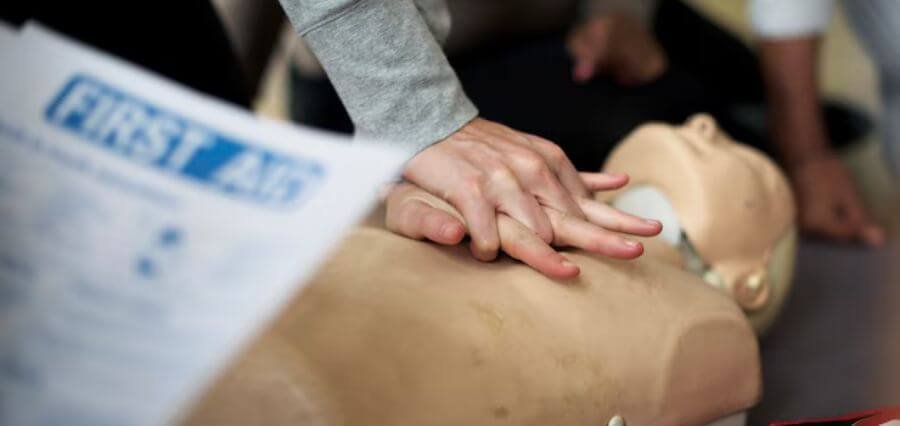When it comes to exercise and sports, athletes know that they have to bring their ‘A’ game. That’s because sports are physically demanding, often leading to stress, which can impact how they perform.
It’s important to understand that stress goes beyond mental burdens; it can manifest physically, significantly affecting an athlete’s health and athletic prowess. A supplement like Ibutamoren MK 677 gives you the edge with enhanced lean muscles, improved strength, and workout performance. However, your athletic levels may suffer setbacks due to stress.
In this article, we’ll discuss ways stress affects athletic performance and how to manage it.
Defining Stress
Stress is a robust subject, especially in sports. It’s a complex physiological response involving the body’s activation of instincts towards certain events.
When the body perceives a real or imagined threat, it releases stress hormones, such as cortisol and adrenaline. While our responses to different events or situations are critical for survival, chronic exposure to stress can negatively affect an athlete’s physical and mental health. In most cases, such effects extend to athletic performances.
Effect of Stress on Athletic Performance
Increased Injury Risk: Different levels of stress can impact an athlete’s performance. Chronic stress may lead to neuromuscular flow, muscle imbalances, and even reduced flexibility.
Further, you might experience heightened muscle tension and joint stiffness, which can affect your range of motion and increase your risk of injuries. Athletic performance requires agility and coordination, which may be lacking when stressors limit your abilities.
Delayed Recovery: While Ibutamoren has the potential to help with slow muscle recovery, stress can undo all that positive work. Research has also shown a connection between stress and impaired immune function, often resulting in delayed recovery after athletic performance.
With the body facing stress, its ability to repair and regenerate tissues is grossly affected, making it difficult to perform optimally on the pitch or elsewhere.
Reduced Focus & Concentration: It’s difficult to focus and concentrate when your head is elsewhere. That’s what stress does. It impairs your ability to focus during training and sporting events.
In addition, the lack of mental clarity mostly leads to slow reaction times and poor decision-making. That could prove costly in sports where high levels of concentration are necessary.
Impact on Sleep and Rest: Quality sleep works wonders for your body, allowing your muscles to recover and go again. However, stress affects this ability since you don’t sleep enough, leading to increased injury risk and decreased athletic performance.
How Can I Manage Stress for Optimal Athletic Performance?
Athletes and fitness enthusiasts who are experiencing stress can incorporate some stress management techniques into their training programs. Let’s look at some of them.
Breathing Exercises: These exercises are popular, and athletes can adopt them. Engage in deep, diaphragmatic breathing to activate your body’s relaxation response. Doing so reduces muscle tension and boosts your overall health.
Practice Mindfulness and Meditation: Stress is associated with blank thoughts and loss of focus. By practicing mindfulness and meditation, you can better control your ability to stay present and focus on the game.
Neuromuscular Exercises: Since stress is often associated with chronic muscle tension, athletes can use this exercise that systematically contracts and relaxes different muscle groups. It can help free up your muscles, boosting recovery.
Good Rest & Sleep Hygiene: It’s not all play and exercise. You must incorporate rest into your routine. Experts advocate maintaining a consistent sleep pattern and having a conducive sleep environment to help with stress reduction.
Conclusion
Stress could manifest in different ways, primarily impacting the performance of athletes in various sports. Optimal athletic performance requires physical prowess and mental toughness. However, stress is a huge factor we shouldn’t overlook, as it affects the mind and body.
With a clear understanding of stress, its effects, and how to manage it, athletes can develop effective techniques to overcome it. Sleep hygiene, mindfulness, and neuromuscular exercises are ways to overcome stress.
If you want to add Ibutamoren to your routine for muscle growth and quick recovery from activities and injuries, ensure you consult with your doctor for medical advice and guidance.















